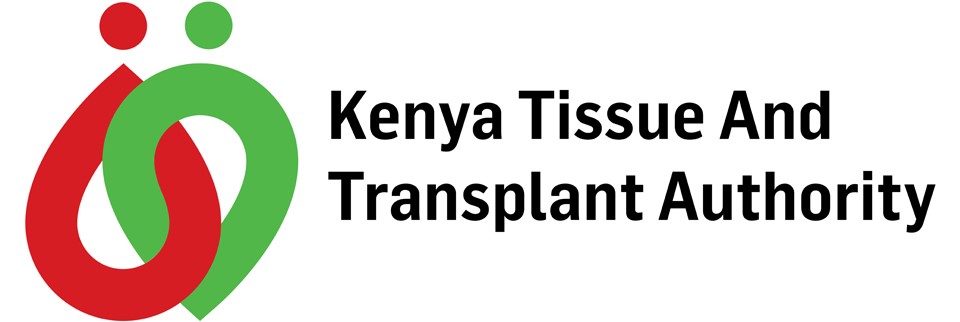Quality Improvement initiatives towards provision of safe and sufficient blood in Kenya
Kenya National Blood Transfusion Service (KNBTS) mandate is to provide safe blood and blood products equitably through a strong, efficient, and self-sustaining national blood transfusion service able to respond to the needs of the entire country. KNBTS is committed to provide consistently high quality blood and blood products. To achieve this, KNBTS is implementing a quality management system with a view to achieving accreditation to international standards.
Accreditation is an attestation that an institution has some verification of its quality and performance. ISO 15189 is the major standard for accreditation of blood transfusion institutions globally. Institutions accredited to ISO 15189 are formally recognized to be competent to provide reliable services. Implementation of ISO 15189 within KNBTS will result in significant improvements in the management systems and technical competence of its transfusion centres while the accreditation of its regional transfusion centres will improve services and ultimately the health of the patients receiving transfusion of blood and blood products in Kenya.
Accreditation of blood transfusion services has remained a big challenge in resource constrained countries due to the high cost of attaining and maintaining accreditation. To address this challenge, the WHO step wise approach (Stepwise Laboratory Improvement Process Towards Accreditation (SLIPTA)) was developed and is being implemented as an effective structured approach for implementation of requirements of ISO 15189 with graduated recognition of laboratory quality improvement. The quantification of quality blood transfusion services enables progress to be measured and recognition of improvements motivates transfusion centers to continue on the stepwise ladder.
All the 6 regional blood transfusion centers based in Eldoret, Embu, Kisumu, Mombasa, Nairobi and Nakuru are enrolled in the SLIPTA process as they endeavor to be accredited.
The Strengthening Laboratory Management Towards Accreditation (SLMTA) program is a key tool in the SLIPTA process. This is training and mentoring program developed to achieve immediate, measurable improvement in laboratories in resource-limited. The SLMTA program supports laboratories by improving management and building preparedness for accreditation. The SLMTA program has unique features including use of a framework that defines management in terms of laboratory- specific job tasks performed by managers. It operates under the assumption that effective training is prescriptive, not just descriptive.
The program is implemented in a series of multiple workshops delivered in a 6- to12-month period with intervening site visits. Between sessions, active learning continues with laboratory improvement projects and supportive site visits. Because behavioral changes take time, implementing multiple workshops allows the changes to be planned, monitored, and sustained. This model also allows facilitators to assess the effectiveness of training and address any observed misconceptions or gaps in the next workshop or site visit. Site visits provide the link between the classroom curriculum and the participant’s home laboratory. These visits affirm and reinforce continuous performance of good laboratory practices.
A checklist is used to continuously evaluate the implementation of the program and to gauge the preparedness of the facility for accreditation. The SLMTA program therefore provides a comprehensive foundation to effect immediate behavioral changes and laboratory improvement.
KNBTS staff and management have already been taken through the first workshop and are currently attending the second workshop. These are hands-on, activity-based workshops which allow learning by doing and job aids provided to facilitate performance of the taught tasks. In between the workshops, the centers undertook quality improvement projects and site visits were conducted to help the sites as they implemented the projects.
It is anticipated that by the end of the program KNBTS will be ready for ISO 15189 accreditation and therefore move towards fulfillment of its mandate of provision of safe and sufficient blood in Kenya.

